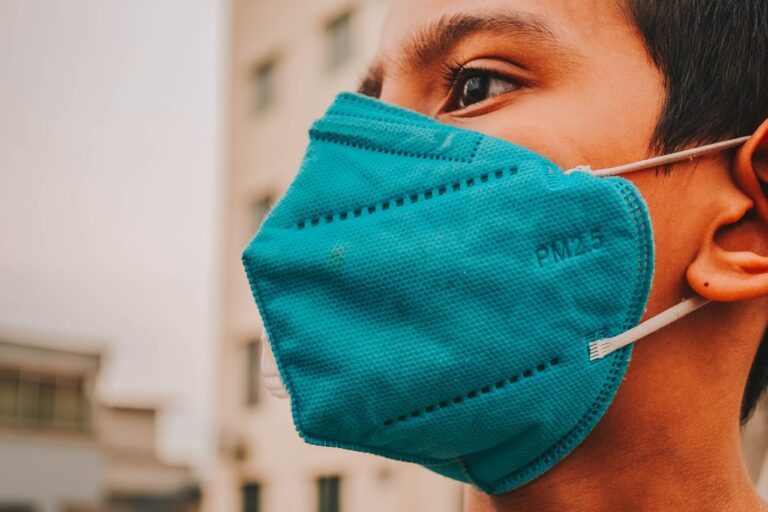How to Recognize and Treat Eye Allergies
betbhai9.com whatsapp number, radhe exchange id, lotus365 login:Do your eyes itch, water, and feel irritated during certain times of the year? You may be suffering from eye allergies. Eye allergies can be uncomfortable and frustrating, but the good news is that they are manageable with the right treatment. In this blog post, we will discuss how to recognize and treat eye allergies to help you find relief.
What are Eye Allergies?
Eye allergies, also known as allergic conjunctivitis, occur when your eyes react to allergens such as pollen, dust mites, pet dander, or mold spores. When you come into contact with these allergens, your immune system releases histamines that cause your eyes to become red, itchy, and watery.
Recognizing Eye Allergies
It is essential to recognize the signs and symptoms of eye allergies so you can seek appropriate treatment. Here are some common signs of eye allergies:
– Itchy, red, or swollen eyes
– Watery or teary eyes
– Sensitivity to light
– Blurred vision
– Gritty or sandy feeling in the eyes
– Stringy mucus in or around the eyes
If you experience any of these symptoms, especially during specific times of the year or when exposed to allergens, you likely have eye allergies.
Treating Eye Allergies
There are several ways to treat eye allergies and alleviate your symptoms. Here are some effective treatments you can try:
1. Avoid Allergens: The best way to prevent eye allergies is to avoid allergens that trigger your symptoms. Keep your windows closed, use an air purifier, and wash your hands frequently to reduce exposure to allergens.
2. Use Artificial Tears: Artificial tears can help lubricate your eyes and wash away allergens that may be causing irritation. Use them as needed throughout the day to keep your eyes moist and comfortable.
3. Apply Cold Compresses: Cold compresses can help reduce eye swelling and inflammation. Place a clean, damp cloth in the refrigerator for a few minutes, then place it over your closed eyes for 10-15 minutes to soothe your symptoms.
4. Take Oral Antihistamines: Oral antihistamines can help block the effects of histamines in your body and relieve allergy symptoms. Choose non-drowsy formulas if you need to take them during the day.
5. Use Allergy Eye Drops: Over-the-counter allergy eye drops can provide quick relief from itching, redness, and irritation. Look for eye drops specifically formulated for allergies, and follow the instructions for proper use.
6. Consult an Eye Doctor: If your symptoms persist or worsen despite trying these treatments, consider consulting an eye doctor. They can assess your condition and prescribe stronger medications or alternative treatments to manage your eye allergies effectively.
FAQs
Q: Can eye allergies lead to more severe eye conditions?
A: While eye allergies themselves are not typically serious, untreated allergies can lead to complications such as allergic conjunctivitis or corneal ulcers. It is essential to seek treatment if you have persistent symptoms.
Q: Are there any natural remedies for eye allergies?
A: Some natural remedies, such as saline eye rinses, cold compresses, and nettle tea, may help alleviate eye allergy symptoms. However, it is essential to consult a healthcare professional before trying any natural remedies to ensure they are safe and effective.
Q: How can I prevent eye allergies in the future?
A: To prevent eye allergies, try to minimize your exposure to allergens by keeping your living environment clean, using air purifiers, and wearing sunglasses outdoors. Additionally, consider taking allergy medications or receiving allergy shots to reduce your sensitivity to allergens.
In conclusion, recognizing and treating eye allergies is crucial for managing your symptoms and finding relief. By following the tips outlined in this blog post and consulting a healthcare professional if needed, you can effectively alleviate your eye allergy symptoms and enjoy clearer, more comfortable vision.







